Wladyslaw Szpilman

In the movie “The Pianist,” Wladyslaw Szpilman is portrayed as a talented Polish-Jewish pianist and composer. Set during World War II, the film follows Szpilman’s harrowing journey through the Nazi-occupied Warsaw. As he witnesses the horrors of the Holocaust and struggles to survive in the face of extreme adversity, his music becomes a symbol of hope and resilience in the darkest of times.
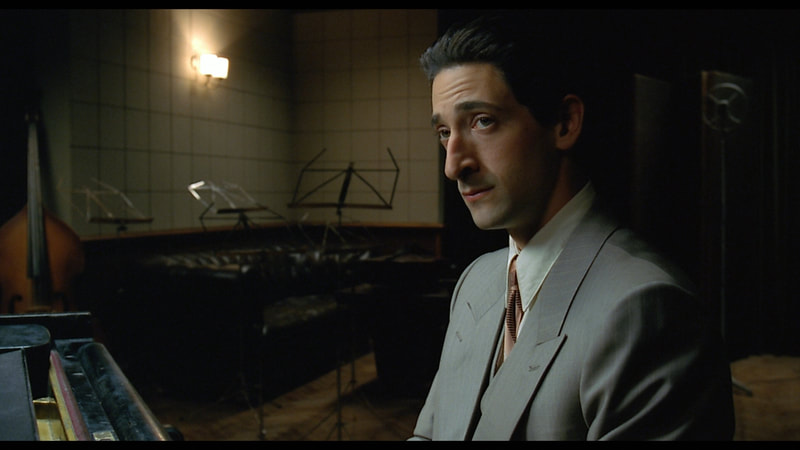
Wladyslaw Szpilman started playing for Polish Radio in 1935 as their house pianist. When the Germans bombed the radio building in Warsaw in 1939, Szpilman was in the middle of Chopin’s Nocturne in C-sharp minor. This was the last live music broadcast that was heard until the war’s end.
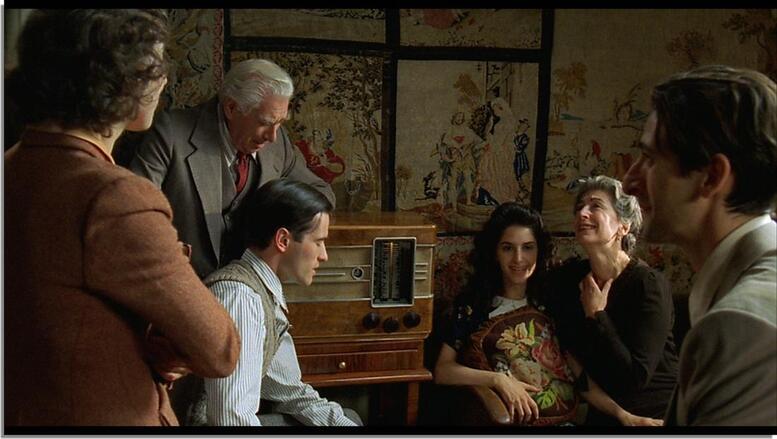
Szpilman’s family was prosperous and seemingly secure, and his immediate reaction was, “I’m not going anywhere.” His family takes heart from reports that England and France have declared war; surely the Nazis will soon be defeated, and life will return to normal.
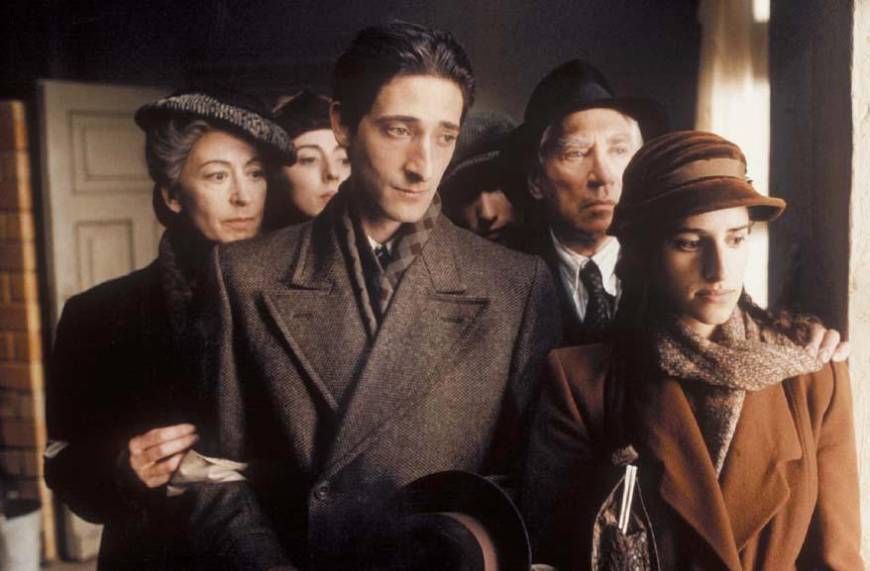
The film slowly but convincingly presents the creeping dispossession of the Jewish people in Europe. Szpilman and his family are first annoyed by the new laws imposed upon them because of their religious beliefs. While the Szpilman family cheers the news of Great Britain’s involvement in the conflict with the German government, they spend time debating where to hide their family and heirlooms. Hiding the family jewels becomes a moot point within a few months as the family is interned into a Polish concentration camp.
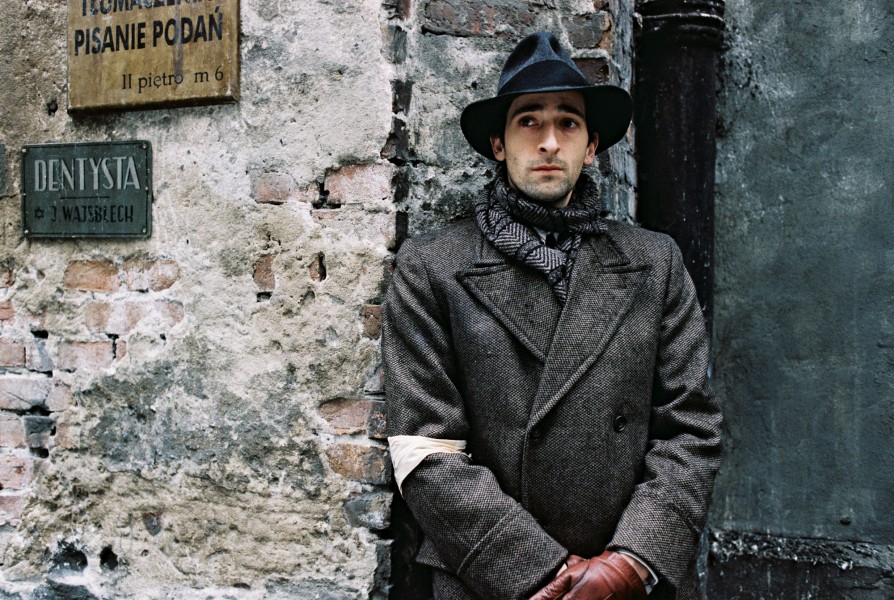
The lonesome journey of Szpilman reflects how he shows honour and bravery, mixed with a slight sprinkling of luck to avoid his expected ‘extermination’. He survives the animalistic treatment of the Jews, but to what end?
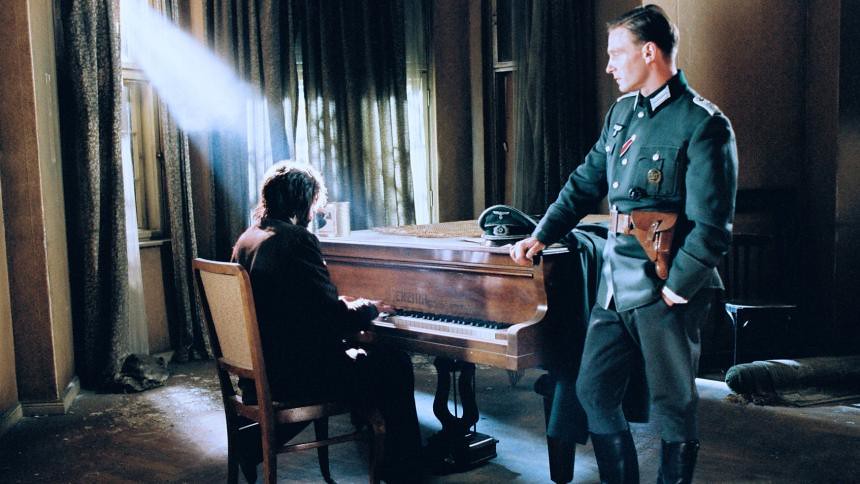
As he scrounges for food in an abandoned house near the end of the movie, he is discovered by a German officer named Wilm Hosenfeld. Under most circumstances that would have meant certain death. The officer would simply have turned him in, and Szpilman quickly would have been on his way to one of the concentration camps. Fortunately for Szpilman, the officer asks him what he does. Szpilman replies that he is a pianist. There is a piano in the house, and the officer asks Szpilman to play some music for him. Hosenfeld, moved by Szpilman’s music and his will to survive, helps him by providing food and shelter.
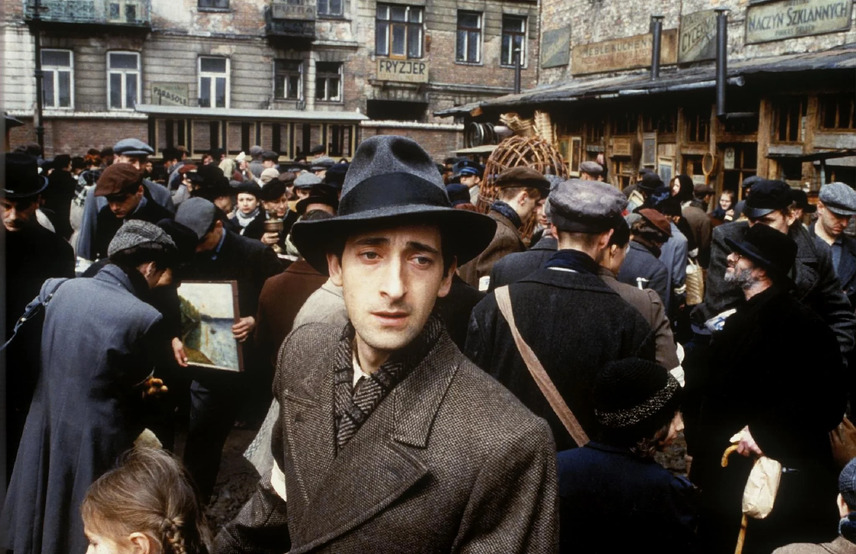
In the film’s epilogue, it is revealed that Szpilman survives the war, but he loses contact with Hosenfeld, who is taken prisoner by the Soviets and dies in a POW camp. The film concludes with Szpilman walking away from the ruins of Warsaw, carrying a note from Hosenfeld, which Szpilman later tries to locate and honor his rescuer.

